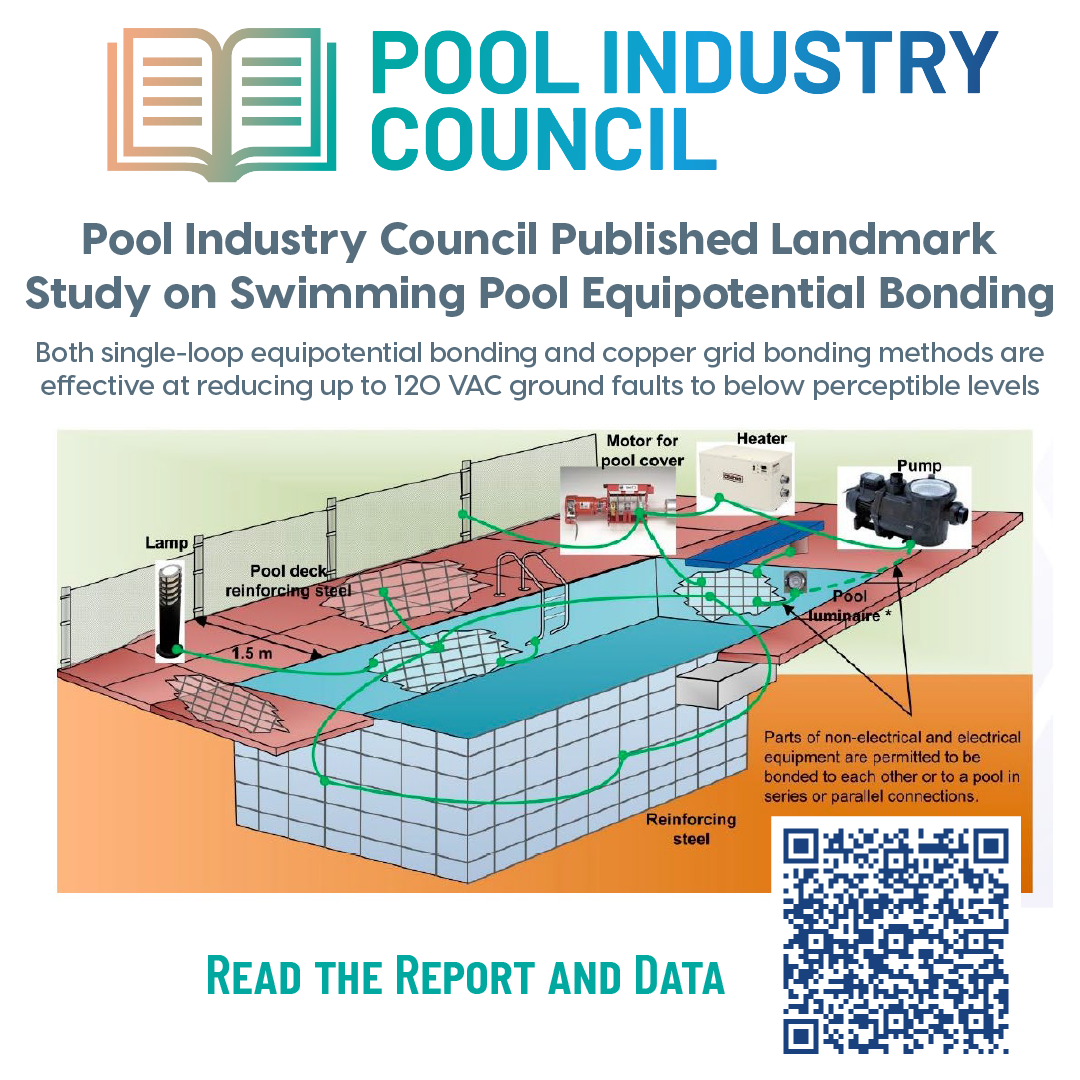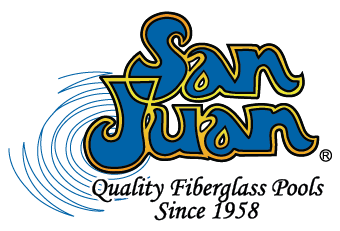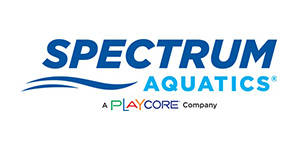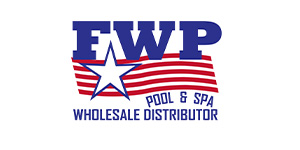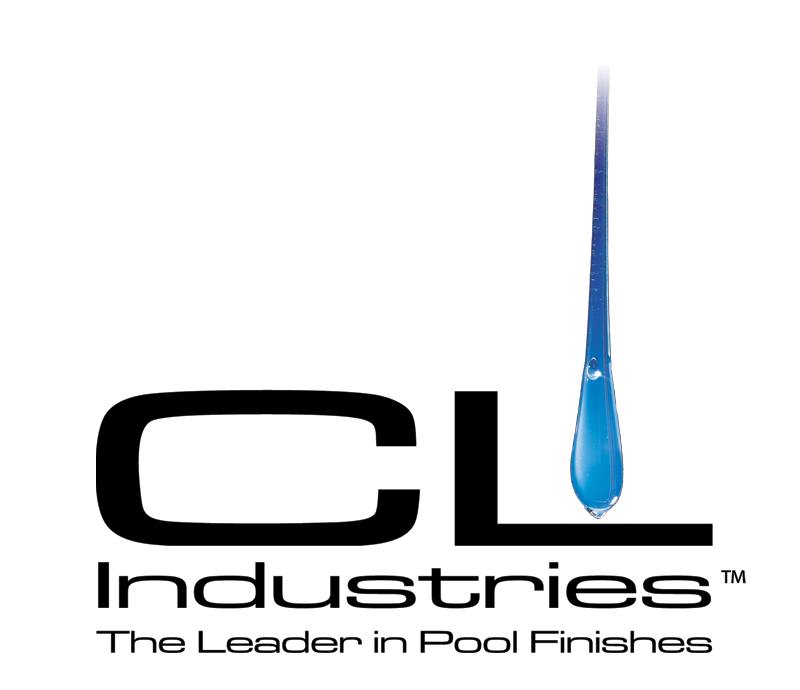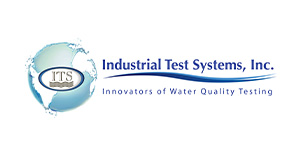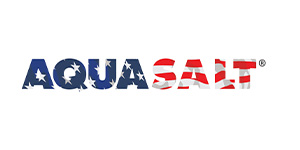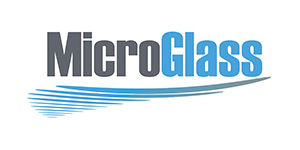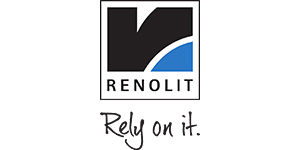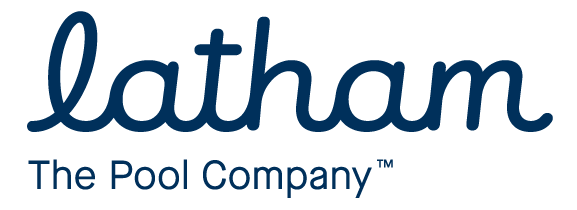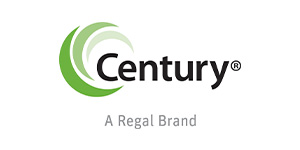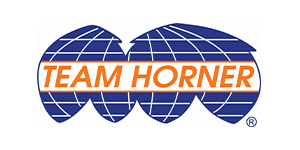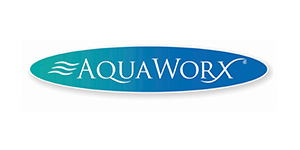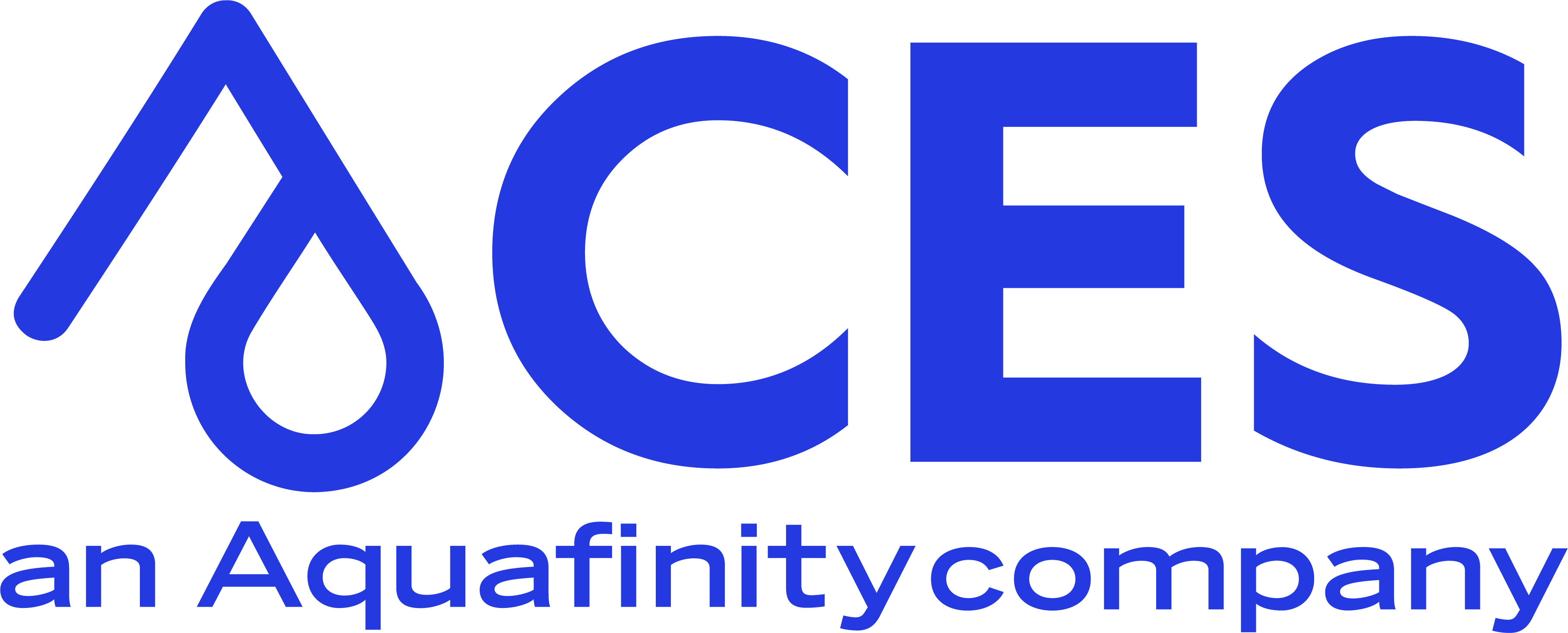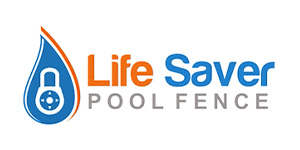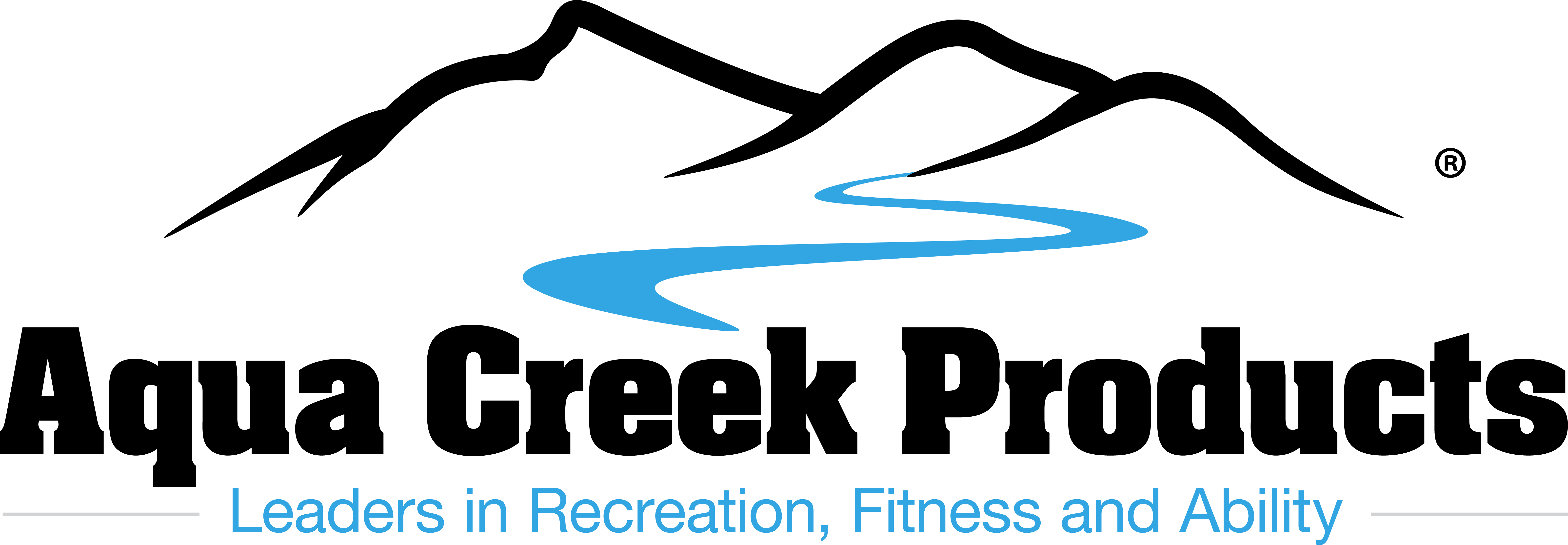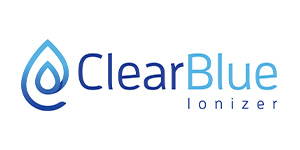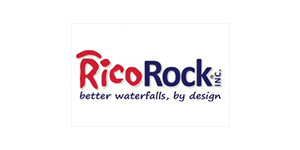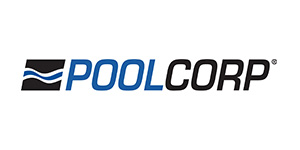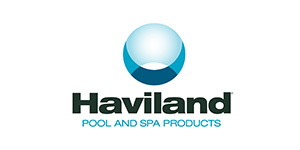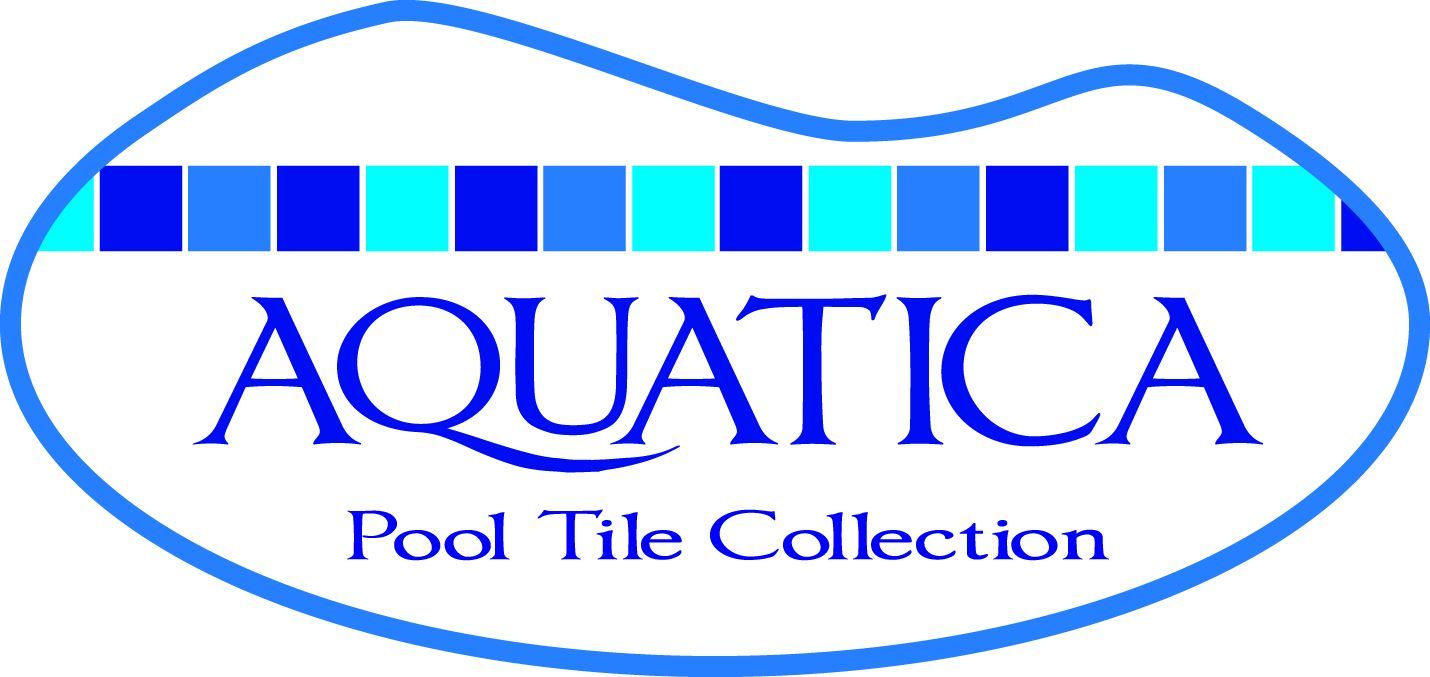Both single-loop equipotential bonding and copper grid bonding methods are effective at reducing up to 120 VAC ground faults to below perceptible levels.
(SARASOTA, FL) – The Pool Industry Council has published the results of a landmark study on swimming pool and spa equipotential bonding methods. The Pool Industry Council commissioned SunSmart Engineering to independently test commonly used equipotential bonding methods for swimming pools and spas. The Pool and Hot Tub Alliance provided both technical guidance and financial support to this important initiative. The goal of this study is to help the swimming pool and spa industry better understand the equipotential bonding and how the most used methods perform in operational field conditions.
The study took place from April 7 – June 12, 2025 utilizing nine residential swimming pools in Central Florida. Of the pools tested, three were bonded with an #8 AWG single bonding loop, three with copper reinforcement grids, and three on conductive pools with inline water bond plates and #8 AWG single wire loop.
Ultimately the study concluded that both bonding methods—#8 AWG copper wire loop and the copper bonding grid— can provide effective equipotential bonding when properly installed. The data shows that under simulated fault conditions up to 120 VAC, nearly all measured voltages yielded current levels well below 2mA when modeled against a 500-ohm human resistance, a widely accepted safety benchmark. “The bottom line is that both methods of perimeter bonding tested, single wire loop and copper grid, work to effectively mitigate equipotential voltage issues and can confidently be used to bond swimming pools and spas when installed properly,” said John Antonelli, P.E. – Vice President of Engineering, SunSmart Engineering.
“We are very happy with the study,” said Pool Industry Council Vicechair Adam Alstott. “This is the most thorough study of swimming pool equipotential bonding methods to date, and we are happy that we can share these results with the industry and public. Our goal with this study is to help the swimming pool and spa industry better understand equipotential bonding through a scientific and data-based approach. This study does that,” concluded Alstott.
”We are proud to support the Pool Industry Council in advancing critical research that benefits the entire pool and spa community,” said Sabeena Hickman, President and CEO of the Pool & Hot Tub Alliance. “By providing both technical guidance and financial resources, PHTA is committed to ensuring that our industry has access to the highest quality data and best practices to keep pools and spas safe for everyone.”
“The FSPA is grateful that the Pool Industry Council undertook this study. Studies like this empower the Florida swimming pool and spa industry to be on the leading edge of pooland spa construction, engineering, and design.” Added Florida Swimming Pool Association CEO, Lyndsey Shock. “I encourage everyone in the swimming pool and spa industry to support the work of the Pool Industry Council and join FSPA at FSPA.com to make sure they are getting the latest developments on industry news and education.”
To read the full study report and data, follow the link below:
https://fspa.com/wp-content/uploads/2025/07/Equipot-Bond-Report-FINAL_2025.06.pdf
About the Pool Industry Council:
The Pool Industry Council (PIC) is 501(c)(4) non-profit whose mission is to educate the swimming pool and spa industry, the public, and policy makers in important swimming pool and spa industry issues and research.
